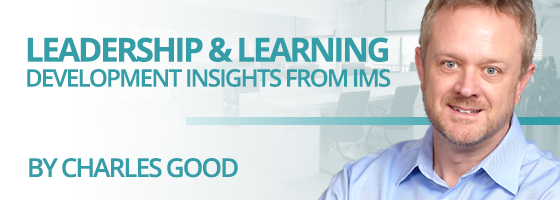At the heart of every organization lies a critical challenge: the erosion of trust. Regardless of industry or leadership level, cultivating a high-trust environment is essential, yet often remains elusive. The gap between the current reality and the desired state of trust presents a significant and growing issue for leaders. Effectively closing the trust gap as a leader is crucial for fostering a thriving and cohesive organization.
The importance of trust cannot be overstated. While the value of trust is universally acknowledged, many organizations inadvertently deepen the trust gap through their actions and behaviors. Research across companies of various sizes underscores the profound impact of this growing divide. Low trust within workplaces often manifests in reduced employee engagement. Engaged employees are typically optimistic, collaborative, and proactive in problem-solving. In contrast, disengaged employees tend to exhibit negativity, self-centeredness, and absenteeism. The presence or absence of trust fundamentally drives these differing behaviors.
A key consequence of low trust within workplaces is diminished employee engagement. Engaged employees exhibit optimism, teamwork, and problem-solving abilities, whereas disengaged ones often display negativity and absenteeism. Trust, or its absence, underpins these behaviors.
INSIGHTS ABOUT TRUST
Once established, trust takes considerable time and effort to build, but it can be shattered in an instant by a single decision or action. This rapid destruction of trust makes it nearly impossible to fully restore once it has been broken. The scars of distrust linger, permanently altering relationships and organizational dynamics.
Furthermore, the process of rebuilding trust is significantly more challenging and labor-intensive than establishing it initially. The damage done by a breach of trust often requires extensive efforts to repair and can leave lasting marks on team morale and cohesion.
PILLARS OF TRUST
Dr. Cory Scheer, an IMS educator, identifies three foundational elements crucial for building trust: competency, problem-solving, and caring.
- Competency is defined as an individual’s or an organization’s knowledge, skills, attitudes, and behaviors related to superior job performance. Highly competent individuals and organizations meet or exceed performance expectations.
- Problem-solving is how individuals attempt to overcome difficulties to achieve goals. Effective problem-solving involves reasoning and creative thinking.
- Caring for others is the disposition to do good for the benefit of others. People are an organization’s most valuable resource, and caring for others is crucial for a strong company culture.
KEY BEHAVIORS FOR BUILDING TRUST
Leaders play a crucial role in bridging the trust gap within their organizations. Here are three key behaviors to focus on:
- Foster Open Communication: Transparent communication is essential for building and maintaining trust. Leaders should consistently share information about decisions, changes, and organizational goals, ensuring that team members are always informed and aligned.
- Demonstrate Consistency and Reliability: Consistency is a cornerstone of trust. Leaders should follow through on promises and commitments, promptly addressing any changes or delays with clear communication.
- Show Genuine Care and Support: Demonstrating care for team members strengthens trust. Leaders should regularly recognize and celebrate individual and team achievements, showing genuine appreciation for their contributions. Providing support during personal or professional challenges further fosters a deeper connection and loyalty, reflecting a true commitment to their well-being.
In summary, it is crucial for leaders to address the trust gap in order to develop a successful and united organization. Rebuilding trust and maintaining it requires continuous and intentional efforts toward open communication, consistency, and genuine care. Prioritizing these actions will create a positive work environment where employees feel appreciated, involved, and driven. Trust is not just fundamental to effective leadership, but also a significant factor in organizational success. Closing the trust gap as a leader not only improves team dynamics but also lays the foundation for sustainable organizational growth and resilience.
If you would like to learn more about this topic you might want to watch the following interviews with Dr. Cory Scheer (Episode 154 and Episode 155) and Dr. Robert Bies (Episode 63). You can also look at some of my past articles on leadership, such as What Makes Exceptional Leaders Stand Out, or The Importance of Ethical Leadership.
ABOUT CHARLES GOOD
Charles Good is the president of The Institute for Management Studies, which provides transformational learning experiences that drive behavioral change and develop exceptional leaders. Charles is an innovative and resourceful leader who specializes in bringing people together to develop creative organizational and talent strategies that enable business results. His areas of expertise include assessing organizational skill gaps and leading the design, creation and delivery of high impact, innovative learning solutions that achieve business goals.

1 Comment